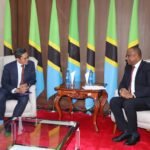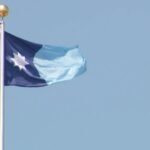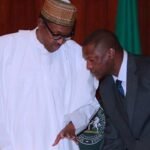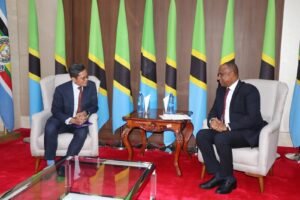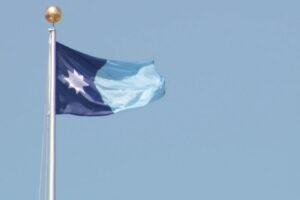Ghana’s next presidential elections will test the government’s commitment to implementing economic reforms that are required under a $3 billion International Monetary Fund bailout program.
The West African nation is scheduled to hold elections in December 2024. That’ll be midway through the three-year package approved last month. It provided an immediate disbursement of $600 million, with further payments to be made subject to regular reviews by the fund.
“One of the weaknesses in Ghana over the years has been these election-related spending cycles,” Abebe Aemro Selassie, who heads the IMF’s Africa Department, said in an interview at the Africa CEO Forum in Abidjan, Ivory Coast. “That I think has done a lot to undermine confidence in public accounts in Ghana.”
Moody’s Rejects Criticism of African Ratings Work (June 6, 11:15 a.m.)
Moody’s Investors Service said it focuses on the risk of default when determining debt ratings and that criticism of its assessments in Africa is unwarranted.
“I don’t accept the word that we are not fair,” Aurelien Mali, a Moody’s vice president and senior credit officer, said in an interview at the Africa CEO Forum in Abidjan, Ivory Coast. “We use the same approach to calibrate the same risk. We have ratings in Africa that are comparable to ratings in Latin America, Eastern Europe, East Asia.”
At least 19 African nations are either at high risk of — or already in — debt distress, in part due to the fallout from the Covid pandemic and Russia’s invasion of Ukraine, according to the IMF. Many have sub-par investment grade ratings, which have pushed up their borrowings costs and some have been shut out of the debt markets altogether.
Total in Talks With South Africa to Supply Gas-Fired Power (June 6, 10:46 a.m.)
TotalEnergies SE is working with South Africa’s government to supply the energy-starved nation with gas to generate electricity, according to Ronan Huitric, the company’s vice president of business development.
“We have a project that is trying to supply 3 gigawatts” of power from liquefied natural gas, he said in an interview at the Africa CEO Forum. “It will be sold at a rate competitive enough if one considers the value and benefits it will have on the climate as against the use of coal, and much more beneficial than not having electricity.”
The gas could be sourced on the international market, with Mozambique, Qatar, Nigeria or the US possible sources, according to Huitric. Total had previously indicated that the fuel could be imported through the Matola port, near the Mozambican capital of Maputo.
Eni Sees no Risk of African Energy Assets Being Stranded (June 5, 5p.m.)
Eni SpA doesn’t see a risk of its energy assets in Africa becoming stranded as the world migrates to cleaner formers of energy, said Guido Brusco, the company’s chief operating officer for natural resources.
“The combination of a shortage of investment and Russia’s invasion of Ukraine showed just how fragile the energy supply chain really is,” he told the forum. “A jump from the current mix to totally renewable is just not possible. We have to provide the cheapest energy to the people to allow the economy to grow.”
Source : Financial Post


